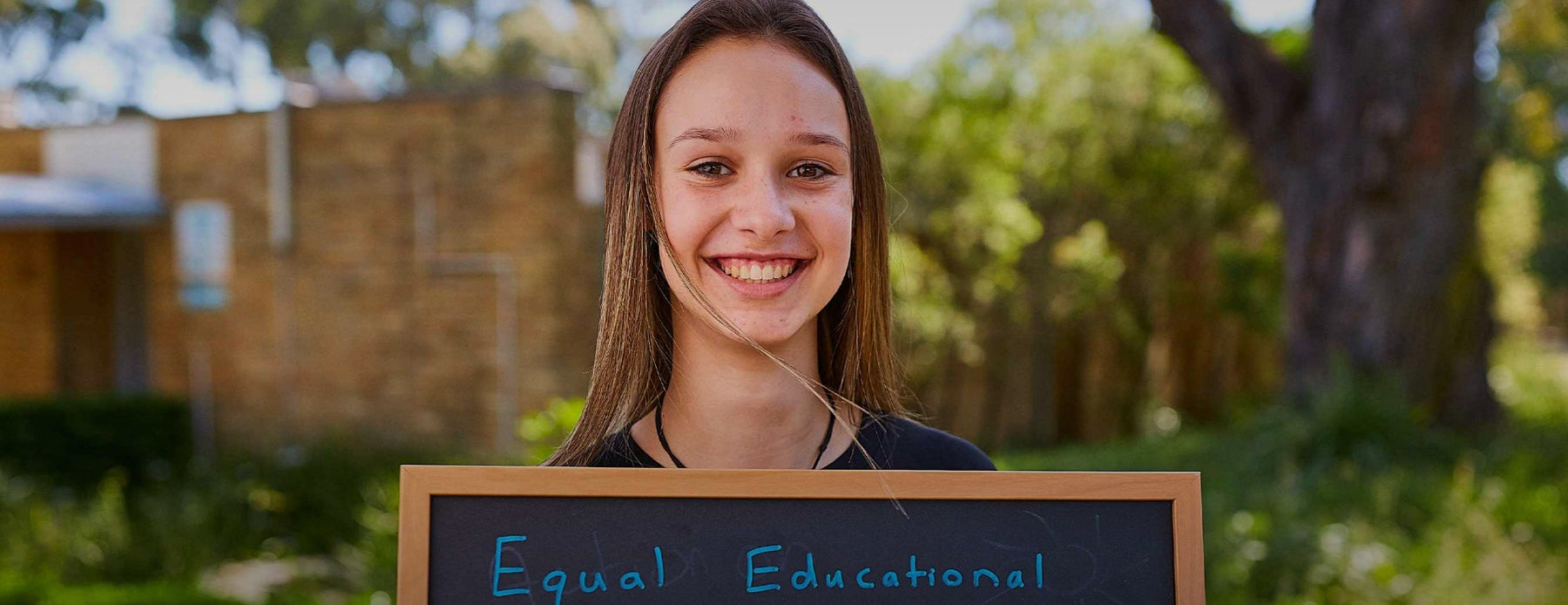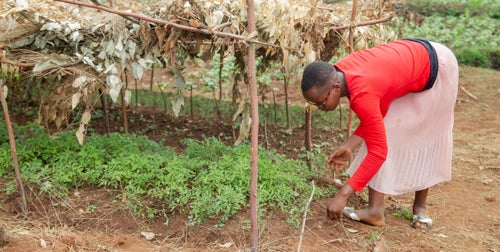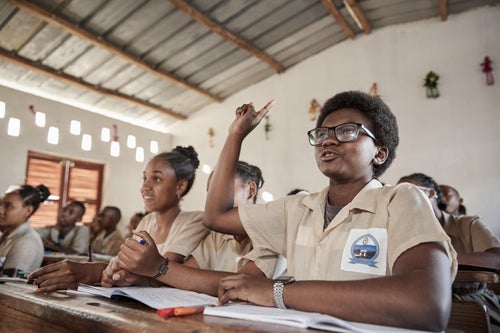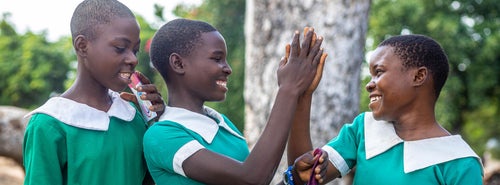Federal budgets often provide for benefits that can be realised in the next 12 months, but on Tuesday night we saw a distinct focus on the future wellbeing of our youngest generations.
The spending announced for early education and childcare, and mental health will help to set the foundation for long term benefits which will continue for many years to come.
Among the highlights, the treasurer committed to $1.6 billion in preschool funding for children to attend for 15 hours per week in the year before school.
This is an investment that PWC research shows will deliver double that amount to the economy in years to come by laying strong foundations for our nation’s children to become active participants in our economy.
In addition, the budget expenditure begins to help address the mental health fallout from the pandemic affecting many young people. Dedicated mental health initiatives for 12-25 year-olds received $278 million in funding and early intervention programs for children under 12 years of age received a further $100 million.
These commitments are strong pillars from which to build essential reform in childcare and mental health, which we encourage the government to expand in years to come.
In addition, the Government confirmed a commitment to social spending on children and young people in these four key areas:
- Early education and childcare – The treasurer has committed an additional $1.7 billion in funding for early education and childcare over three years. While efforts have been made to extend access to quality affordable early education and childcare to more families, there will be some time to wait until the initiative commences in July 2022. UNICEF Australia is committed to continued consultation with the Government to ensure our most disadvantaged are not excluded from participation in early learning and that the spending will be expanded to include 3 year-olds.
- Employment – The $1 billion Job Trainer program for 17-24 year-olds has been extended to increase employment opportunities for young people by providing training and reskilling. In consultation with Government, UNICEF Australia will continue to emphasise the importance of isolating this from Youth Allowance entitlements that support young people’s overall wellbeing.
- Mental health – $2.3 billion has been earmarked for treatment centres and suicide prevention, as well as a National Suicide Prevention Office.
- Disaster recovery and resiliency – Schools will benefit from some of the $600 million allocated to the newly created National Recovery and Resiliency Agency, including mental health support after natural disasters such as bushfire and flood.
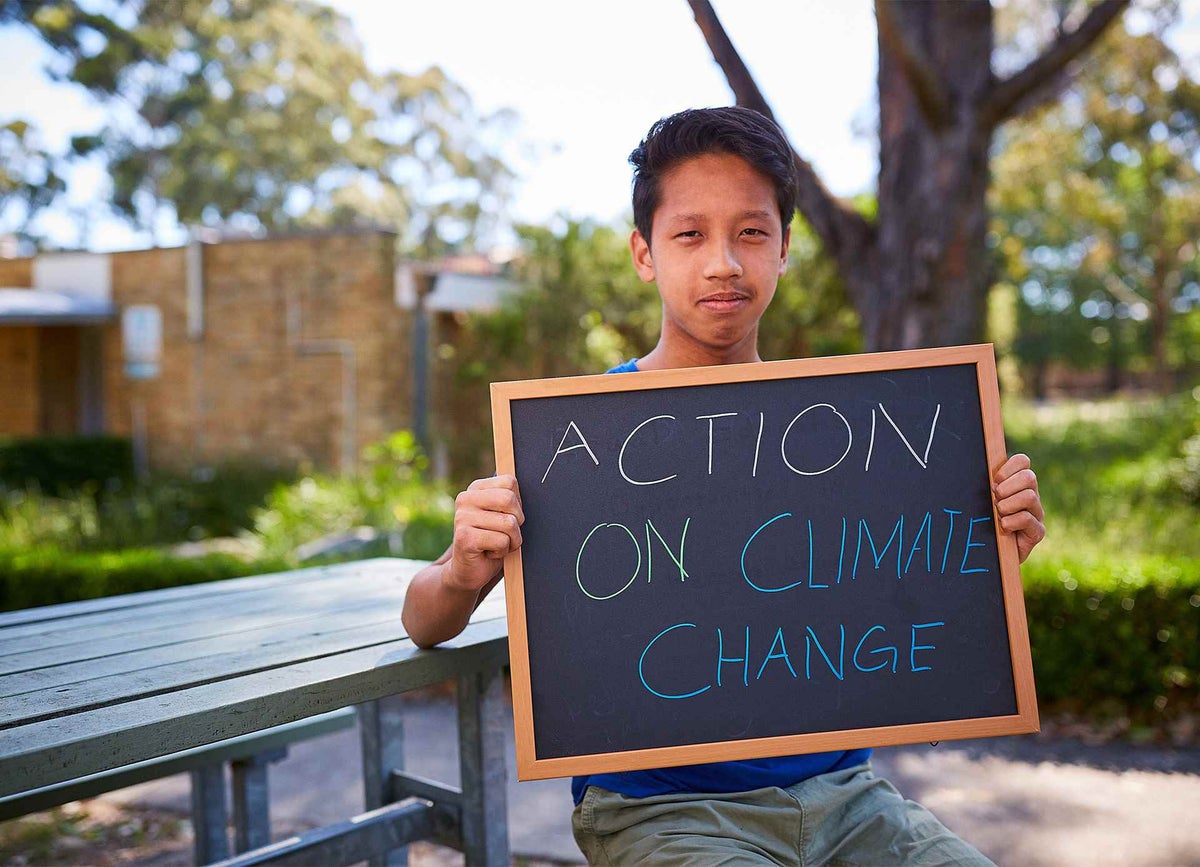
There are also two areas where we know there is more to do:
- Supporting community-led initiatives that work for First Nations children in order to close the gap.
- Young Australians consistently tell us the issue that concerns them most is climate change and we know they expect to see greater focus, investment, action and on this issue.
The announcements overnight are vitally important down payments to kick start the essential reform that is required. The way to ensure these investments achieve results is to elevate children’s policy as a critical national priority supported by a national plan with sustained leadership. This will help to connect the dots between these multiple investments for the best possible outcomes.
UNICEF Australia welcomes the investments announced by the treasurer last night, which will help ensure every Australian child can realise their full potential.
Related articles
Stay up-to-date on UNICEF's work in Australia and around the world



